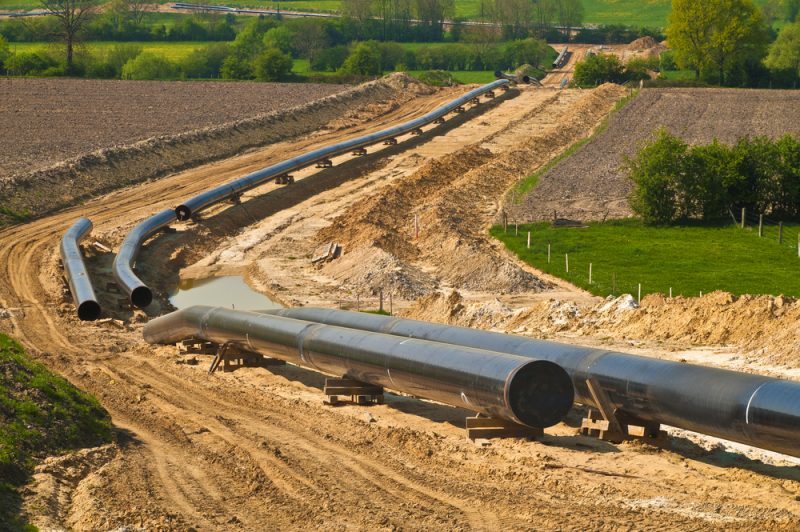ILLINOIS NATURAL GAS RATES INCREASE – THE NEED FOR ENERGY EFFICIENCY
As Peoples Gas requests approval for a record $402 million rate increase, consumer and environmental advocacy groups in Illinois claim in documents submitted to the state commerce commission that there is racial discrimination and “environmental racism” in the utility’s history of disconnecting and reconnecting customers in Chicago. This is the outcome of the Illinois natural gas rates increase.
They are requesting that the commission pursue “restorative justice” to remedy these discrepancies in the rate case for Peoples Gas (23-0069) since Illinois natural gas rates increase rapidly. They also contend that building electrification might significantly lessen the cost of energy for low-income homes and may solve the problem of Illinois natural gas rates increase.
Peoples Gas claims that the majority of the pipes in its system need to be replaced by 2030, hence it has suggested drastically raising tariffs to pay for the replacement of old pipelines. According to public interest groups, the utility should spend its money on “non-pipe alternatives” such as enhancing customer energy efficiency in order to satisfy demand and lessen the burden of Illinois natural gas rates increase.

Separation or re-cycling station where natural gas that cannot be used atthe time is burned off. The tanks in the background hold crude oil that is being stored.
They are requesting that a “future of gas” proceeding be started by the Illinois Commerce Commission, akin to recent initiatives in Massachusetts and New York and may help solve the problem of Illinois natural gas rates increase. The approach would look at ways to encourage more households to utilize electricity for hot water, cooking, and heating and avoid financial problems due to Illinois natural gas rates increase.
A third of the city already struggles to pay their monthly bills due to problem of Illinois natural gas rates increase, according to Dave Kolata, a former executive director of the Citizens Utility Board. “You have a situation where the system from a sociopolitical view is functionally insolvent and increases financial problems of people due to Illinois natural gas rates.”
Thus, it has been viewed that the problem of Illinois natural gas rates increase also reflects the social injustice that the city experiences.
























